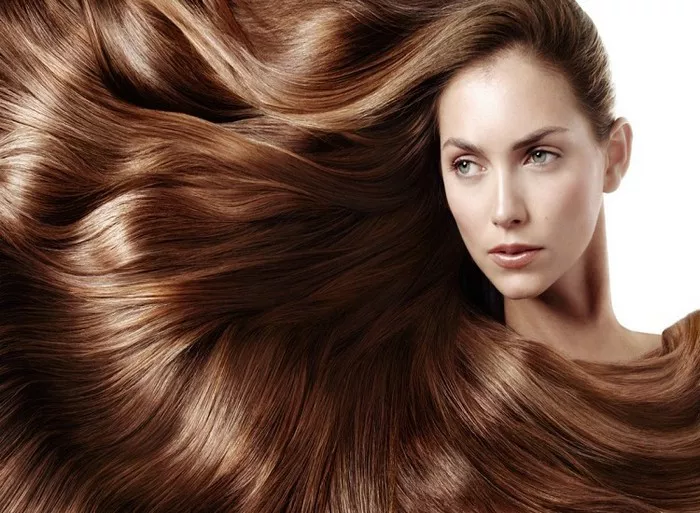The way we care for our hair plays a crucial role in its health and appearance. One common question that arises in the realm of hair care is whether it is better to sleep with hair tied up or let it flow freely. This debate has sparked discussions among haircare enthusiasts, and opinions on the matter vary. In this article, we will explore the pros and cons of sleeping with hair tied up to help you make an informed decision about the best bedtime routine for your locks.
To Tie or Not to Tie: The Impact of Sleeping with Hair Tied Up
The age-old question of whether it’s better to sleep with hair tied up remains a topic of debate in the beauty community. Advocates argue that tying hair minimizes friction, reducing tangles and preserving hairstyles. On the flip side, detractors caution against potential damage, stressing the importance of avoiding excessive tension and variations in tying techniques. Striking a balance is key – opting for a loose tie with silk or satin hair accessories can mitigate risks.
Pros of Sleeping with Hair Tied Up
1. Reduced Friction and Tangling
One of the primary benefits of tying up your hair before bedtime is the reduction in friction and tangling. When hair is left loose, it can rub against the pillowcase, causing friction that may lead to tangles and breakage. Tying your hair up in a loose, gentle style can minimize these issues, especially for individuals with longer hair.
2. Preserving Hairstyles
For those who spend time and effort styling their hair, sleeping with it tied up can help preserve the hairstyle for the next day. This is particularly relevant for individuals with curls, waves, or intricate updos. Using a silk or satin hair tie can also prevent creases and dents in the hair, maintaining the desired look.
3. Minimized Product Transfer
If you use leave-in treatments, serums, or styling products before bedtime, tying your hair up can prevent these products from transferring onto your pillowcase. This not only helps in keeping your pillow clean but also ensures that the hair retains the benefits of the applied products throughout the night.
Cons of Sleeping with Hair Tied Up
1. Tension and Breakage
While tying your hair up can prevent tangling, using too much tension or tying it too tightly can lead to breakage. Hair is more susceptible to damage when pulled tightly, especially when it is wet. Opting for loose and soft hair ties or scrunchies can minimize this risk.
2. Hair Creases and Flattening
On the flip side of preserving hairstyles, tying your hair up can also result in creases and flattening. This is particularly true for those with straight hair who may wake up with an unwanted kink or uneven texture. Experimenting with different tying techniques and using a looser grip can help mitigate this issue.
3. Scalp Stress
Tying your hair up can also put stress on the scalp, especially if it’s done too tightly or if the same hairstyle is maintained consistently. This stress may lead to discomfort, headaches, or even contribute to conditions like traction alopecia, where constant tension on the hair follicles causes hair loss.
Finding a Balance: Tips for Sleeping with Hair Tied Up
Choose the Right Hair Tie:
Opt for a silk or satin hair tie to minimize friction and reduce the chances of hair breakage. These materials are gentler on the hair compared to traditional elastic bands.
Loosen Up:
Avoid tying your hair too tightly. A loose and comfortable tie is sufficient to keep hair in place without causing unnecessary tension.
Change It Up:
Experiment with different tying techniques and positions to distribute pressure evenly across the hair. Avoid tying your hair in the same way every night to prevent stress on specific areas.
Prep Your Hair:
If you’re concerned about creases or flattening, consider applying a lightweight leave-in conditioner or styling product before tying your hair up. This can help maintain some volume and texture.
Invest in Silk Pillowcases:
Whether you choose to tie your hair up or leave it loose, sleeping on a silk pillowcase can reduce friction and minimize hair damage.
See Also: How To Care For Long Hair At Night: What You Need To Know
Conclusion
In the great debate of whether it is better to sleep with hair tied up, the answer is not one-size-fits-all. It ultimately depends on your hair type, personal preferences, and the style you want to achieve. By understanding the pros and cons of sleeping with hair tied up, you can make an informed decision that aligns with your haircare goals. Remember to strike a balance, be mindful of the tension, and choose the right accessories to ensure your hair remains healthy and beautiful.


